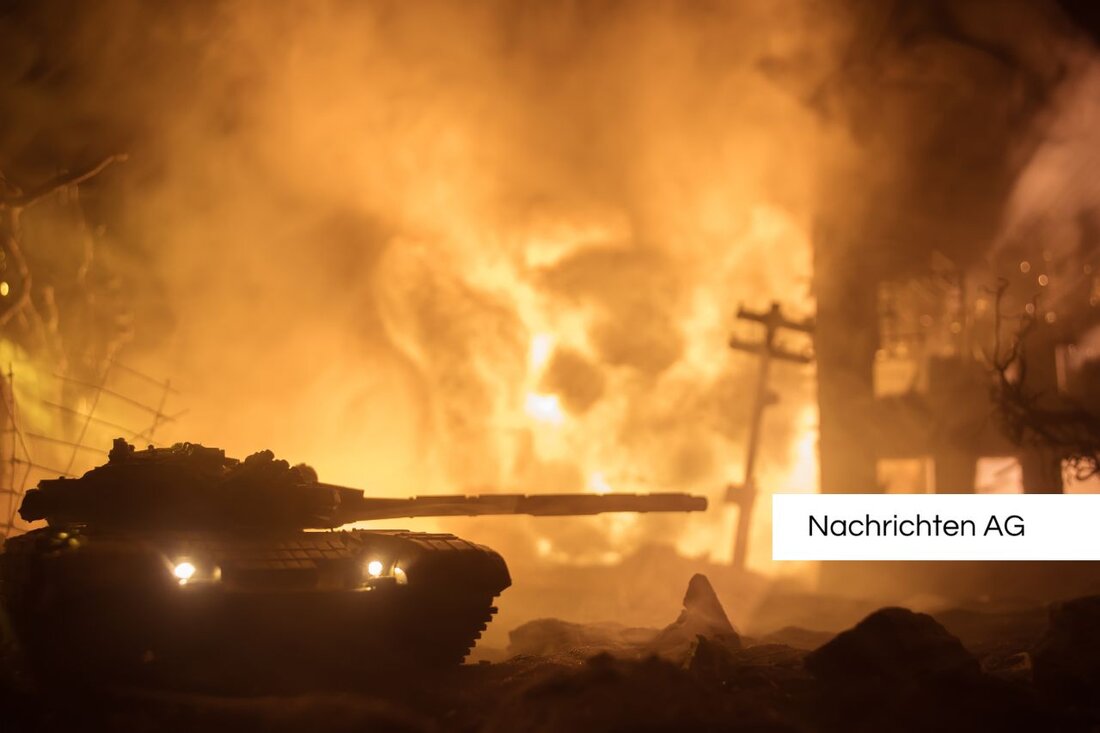Knesset rejects self -resolution: Netanyahus government wins time!
The Israeli parliament has rejected a vote on self -resolution, which Premier Netanyahu gives time for political crisis solutions.

Knesset rejects self -resolution: Netanyahus government wins time!
On June 12, 2025, the Knesset, the Israeli Parliament, rejected a preliminary coordination of self -resolution. 61 MPs voted against the advance, while 53 voted for the dissolution. This decision enables the government coalition of Premier Benjamin Netanyahu to win more time to solve the current political crisis. In particular, the ultra -orthodox coalition factions are dissatisfied with the standstill and have announced that it would vote with the opposition for the dissolution of the Knesset and early elections. The next elections are currently scheduled for the end of 2026.
The situation in Israel is tense. Opposition MPs require the Netanyahu government to replace, while emphasizing that the war in Gaza ends and hostages have to be returned. Opinion surveys indicate that Netanyahus coalition would lose in an election, which is due to the security failure of the Hamas attack on October 7, 2023. At the same time, Netanyahu worked on a solution for the stuck dispute over a new conscription law, which is also a central point of political disagreement.
political and social tensions
The negotiations for the compulsory conscription come at a critical time, since the ultra -orthodox parties in the coalition are of different opinion about whether they should free seminar students from military service or abolish them. The Supreme Court had decided in the summer of 2024 that ultra -orthodox men had to be called for military service, which was not the case for decades. Many ultra -orthodox Jews perceive military service as a threat to their lifestyle.
demonstrations before the parliament illustrated the deep social cracks in Israel. The anger of the citizens is directed against Netanyahu, which is accused of putting his political future about the national security and dismissal of hostages. In particular, the renewed military strike in Gaza, which ended a two -month ceasefire, led to far -reaching protests and an increase in fatalities.
The reactions of the population
The Israeli air strikes in Gaza have requested over 400 fatalities and demanded numerous injuries, which is one of the bloodiest days of the conflict. Despite the escalation of violence, surveys show that over 70% of Israelis support a continuation of negotiations with Hamas. 61.5% of the Likud party voters also speak out in favor of continued existence of the ceasefire.
However,netanyahus resumption of military activities has also strengthened its political position. The extreme right, above all the party "Jewish Power", has come together again with Netanyahu's coalition, which is important before a decisive budgetary coordination. In addition, a controversial legislation was approved to change the composition of the selection committee for judges-a step that is seen as an attempt to politicize the selection of judges and in the context of the comprehensive judicial reform that the Netanyahu government is striving for.
The Knesset has taken a first step towards coordination on a possible self -resolution, but all four readings would have to be survived. The result of the preliminary coordination is therefore only part of a still unresolved political game that determines the future of Israel.

 Suche
Suche
